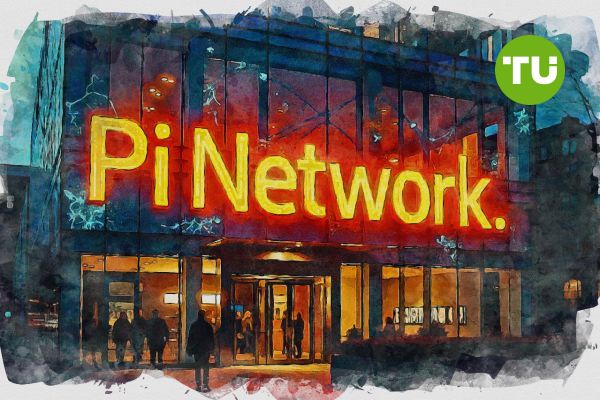Pi Network unveils migration roadmap
 Pi Network unveils Mainnet Migration Roadmap without clear timeline.
Pi Network unveils Mainnet Migration Roadmap without clear timeline.
Pi Network has released its long-awaited Mainnet Migration Roadmap, detailing how millions of users—referred to as “Pioneers”—will transition to the open network.
While the roadmap outlines a phased approach to migration, it notably omits concrete timelines, drawing criticism from parts of the community, reports Cryptopolitan.
The migration will unfold in three key phases. The first includes base mining rewards, referral bonuses, lockup incentives, and initial Node rewards. The second phase will activate referral mining bonuses, but only for users who complete Know Your Customer (KYC) verification. Once those migrations are processed, Pi Network will shift to ongoing, periodic migrations—potentially monthly or quarterly—though specific dates remain unspecified.
Community questions rewards, transparency, and blockchain claims
Despite the roadmap’s structured layout, users have flagged several unresolved concerns. Some early Node operators report receiving rewards without knowing why, while other Pioneers claim they’ve consistently mined Pi yet see no coins in their balance. The platform’s “Transferable Balance” metric is under scrutiny, with Pi admitting it may display a lower-than-actual amount to reduce system strain—fueling fears that real balances are being hidden or deferred.
The roadmap also lacks guidance on how to dispute incorrect mining records, leaving long-time contributors uneasy about unresolved discrepancies. Six years of mining activity without a clear conflict-resolution mechanism is a point of growing contention.
Adding to user confusion are renewed doubts about Pi’s technical foundation. Some question whether a real blockchain underpins the network, noting contradictions between Pi’s assertion that “all tokens were minted at genesis” and years of supposed mining activity. Critics argue that if all Pi were pre-mined, it contradicts the community’s understanding of mining and the Security Circle consensus model.
Future of migration—and trust—hangs in the balance
Without a public schedule, migration capacity estimates, or dispute processes, Pi Network risks losing trust among its core base. The roadmap’s vagueness, particularly amid this month’s 108.9 million PI token unlock event, leaves many wondering how and when they’ll access their assets—and whether Pi’s long-promised decentralization vision will ever be fully realized.
Recently we wrote that The Pi Network airdrop (Pi) has become the largest in the history of the crypto market, yet the project's future remains uncertain as token holders actively sell off their assets, driving down the price.













































































































































